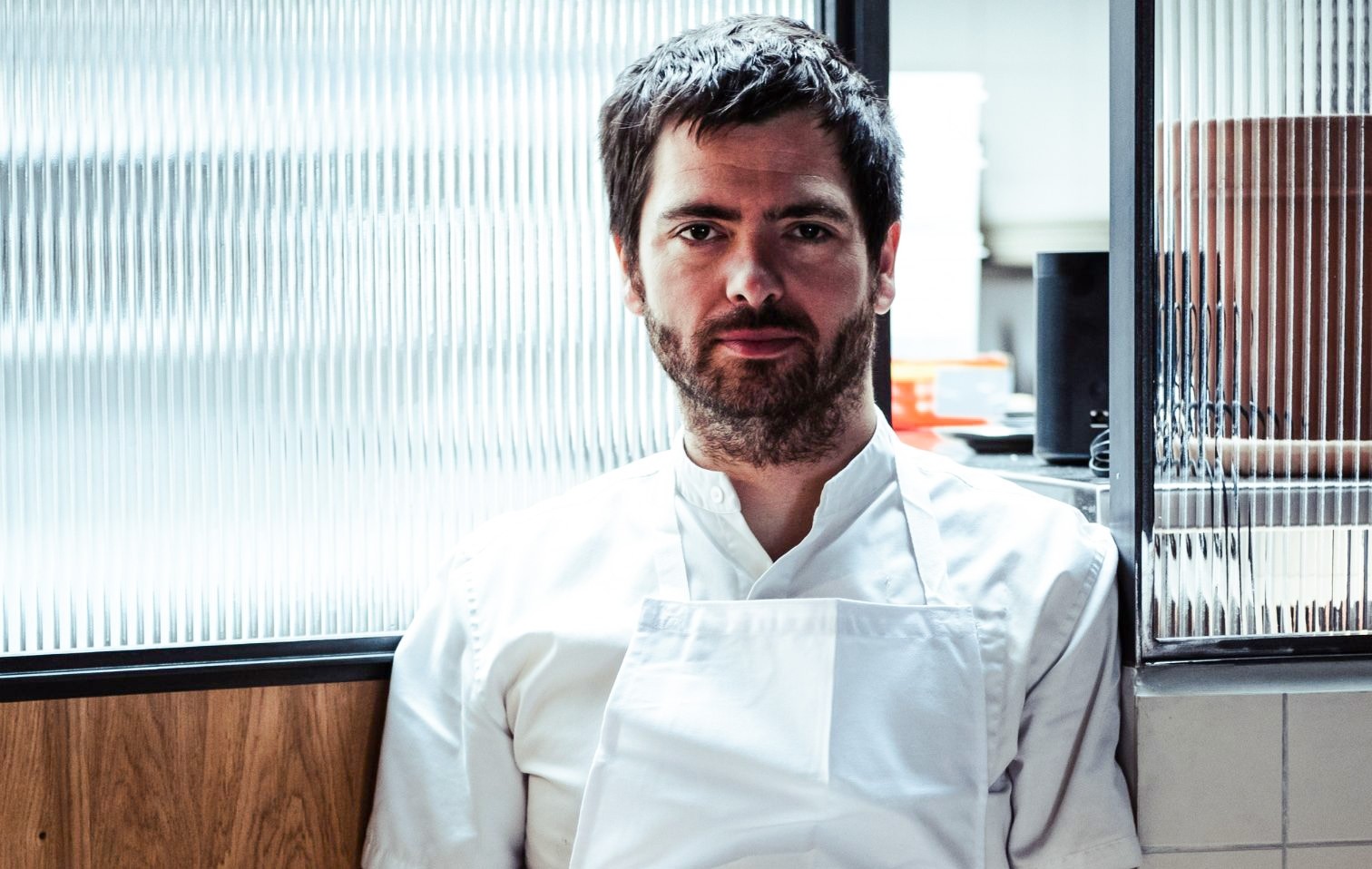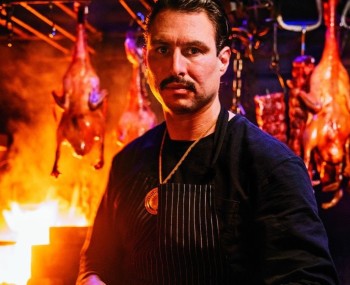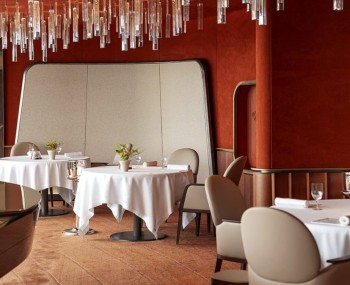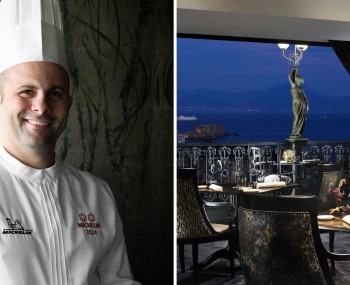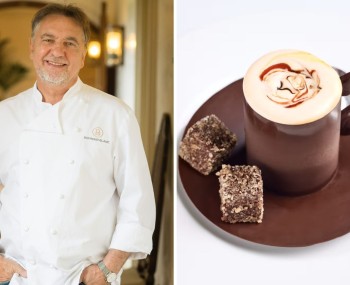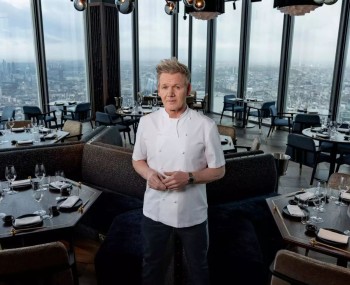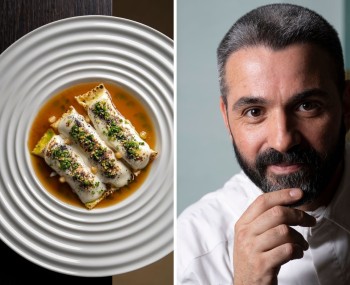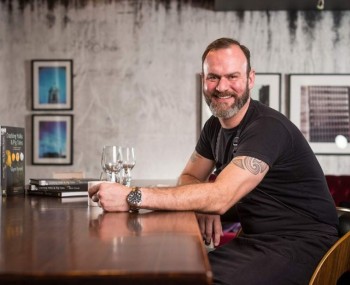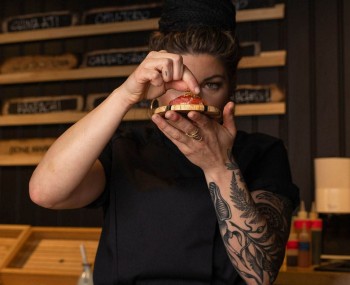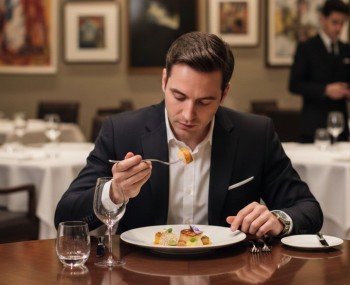Mathieu Rostaing-Tayard's Sillon is an artisanal laboratory where he resets what has been taken for granted over the years. The story and evolution of the 'rebel genius' away from the spotlight revolutionizing French cuisine.
Sillon: the avant-garde of Mathieu Rostaing-Tayard
If Mathieu Rostaing-Tayard's Sillon in Biarritz were not a restaurant, it would be... A film of an auteur. With a true director behind the camera, one accustomed to major international film festivals. But almost never winners of the Palme d'Or, rather favorites of the Critics' Week or the Special Jury Prize. A Critic’s Choice, which in our case, would translate to Chef’s Choice. In other words, an offbeat restaurant, off the beaten path. Appreciated, understood, shared particularly – alone? – by the best, the most open minds in the field: the chefs. Let the press and publicity (were they not once called today's influencers?) let's leave them then in the retirement home, where old age suits them so well.
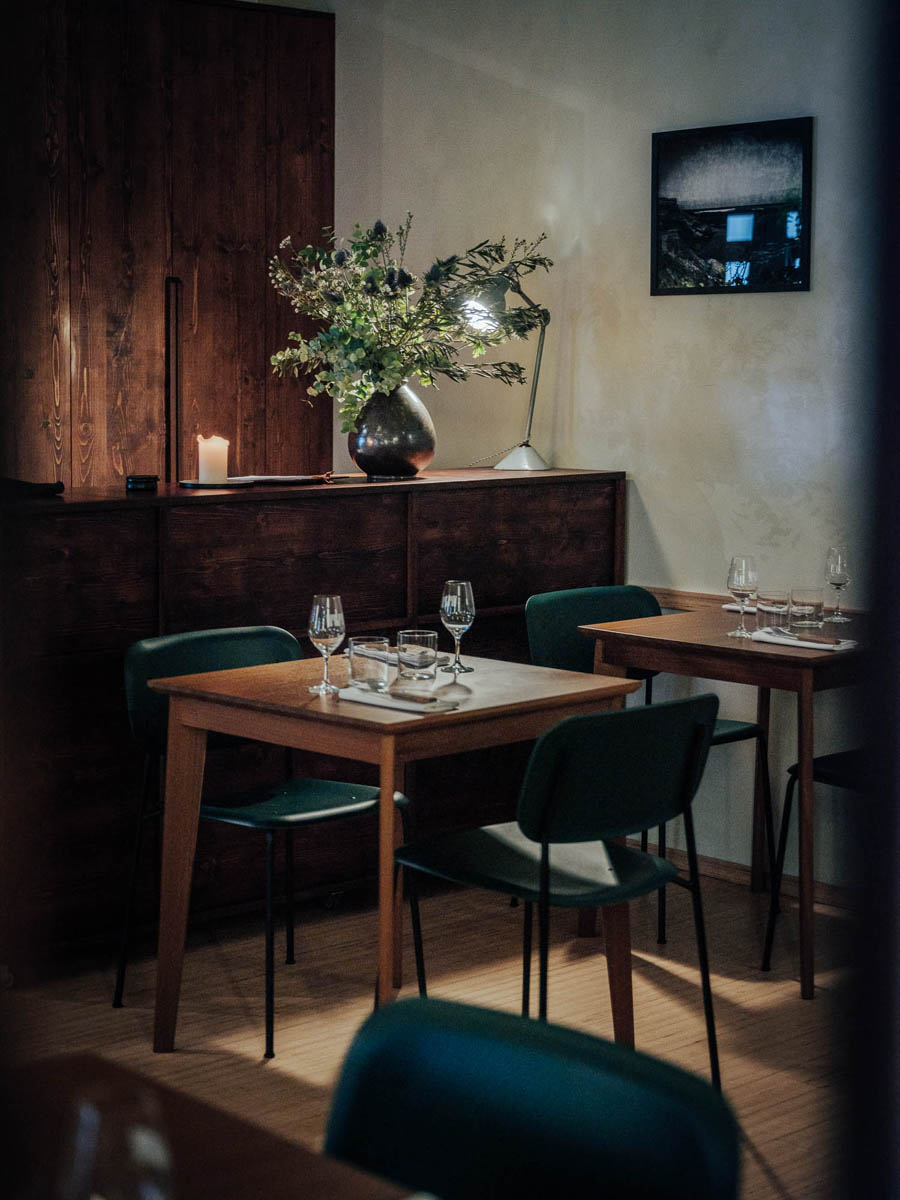
Fact checked: Mathieu Rostaing-Tayard's Sillon in Biarritz is a bold gamble. A craft workshop to reset what was almost taken for granted over the years ("the capital of experience" accumulated). To start from scratch, or almost. Leaving behind the golden age of French bistronomy (2008-2018) that surprised everyone in Lyon. Rostaing has seen it all, the highs and lows. He didn't enter the public square as a reckless competitor. Before revealing himself as a Morettian "I am an autarkist," at 126 rue Sèze in Lyon, alone in the kitchen with his little sister in the dining room, he only went through noble houses (Pierre Gagnaire, Nicolas Le Bec, Michel Portos). Then he re-entered the game in the creative workshops of Massimo Bottura and Virgilio Martinez. Back in Lyon, the first of his peers to push open the door of the newborn Café Sillon in the spring of 2014 was the Australian Ben Shewry from Attica restaurant in Melbourne.
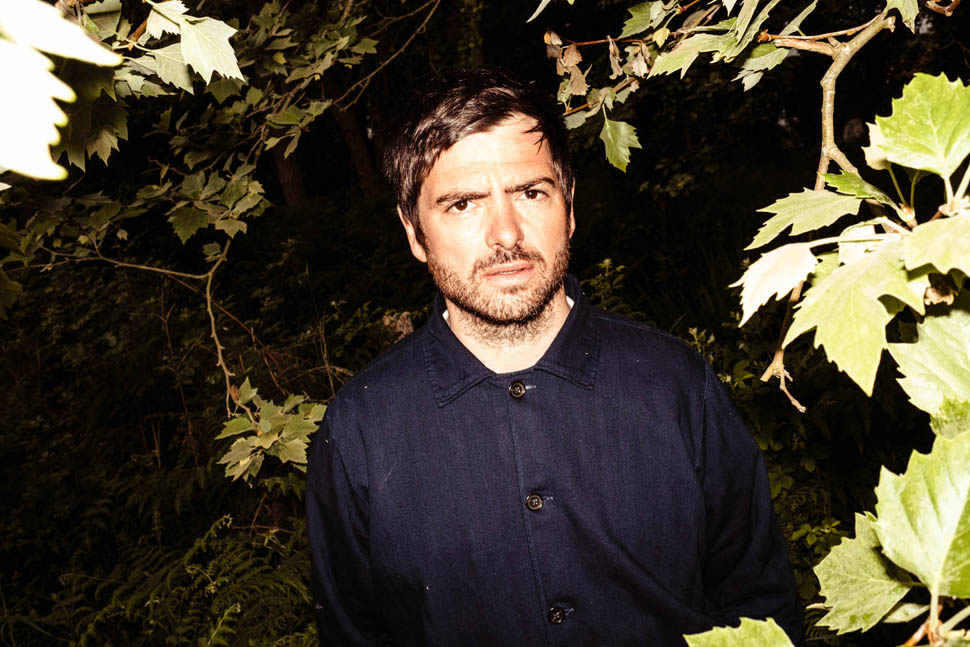
Following haphazardly, the Camanini Bros, Bertrand Grébaut from Septime, Inaki Aizpitarte from Chateaubriand, Nicolai Nørregaard from Kadeau in Copenhagen, Lukas Mraz, or Karime Lopez and Taka Kondo. All confirming the singularity of a market-driven cuisine, French by extraction but open to the other—from technical expertise, extreme cleanliness of taste all around or tempered acidity, spices, and citrus dreaming of Japan. In the dish, something worthy of one or two Michelin stars. But the dress doesn’t make the priest. And the pneumatic Vatican perceived Café Sillon as nothing but a sporadic form of apostasy.
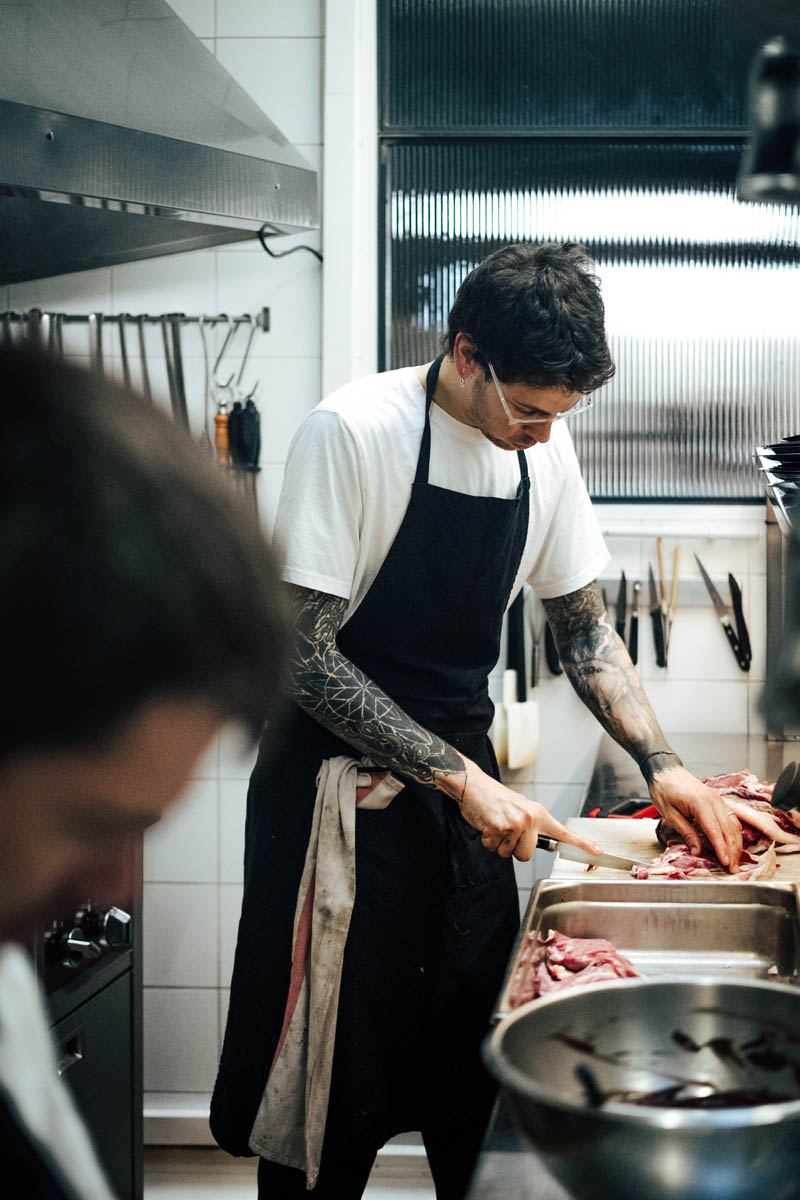
Was this the reason that, despite the praises of a devoted audience, irredeemable winemakers, and borderless foodies, the core of his clientele, Rostaing closed shop in 2018 and then, with wife and kids, headed to Biarritz in the French Basque Country? No, Chef Mathieu, MRT for the initiated, is a surfer, a lover of the outdoors, cross-country skiing, and mountain hikes. He chose Biarritz to connect directly "with nature, the best products in the world, from the ocean and the hinterland. And to embrace here, far from metropolitan habits, another lifestyle, more relaxed. Slowly building another clientele, different from Lyon, where, in the end, I felt like I was only preaching to the converted."
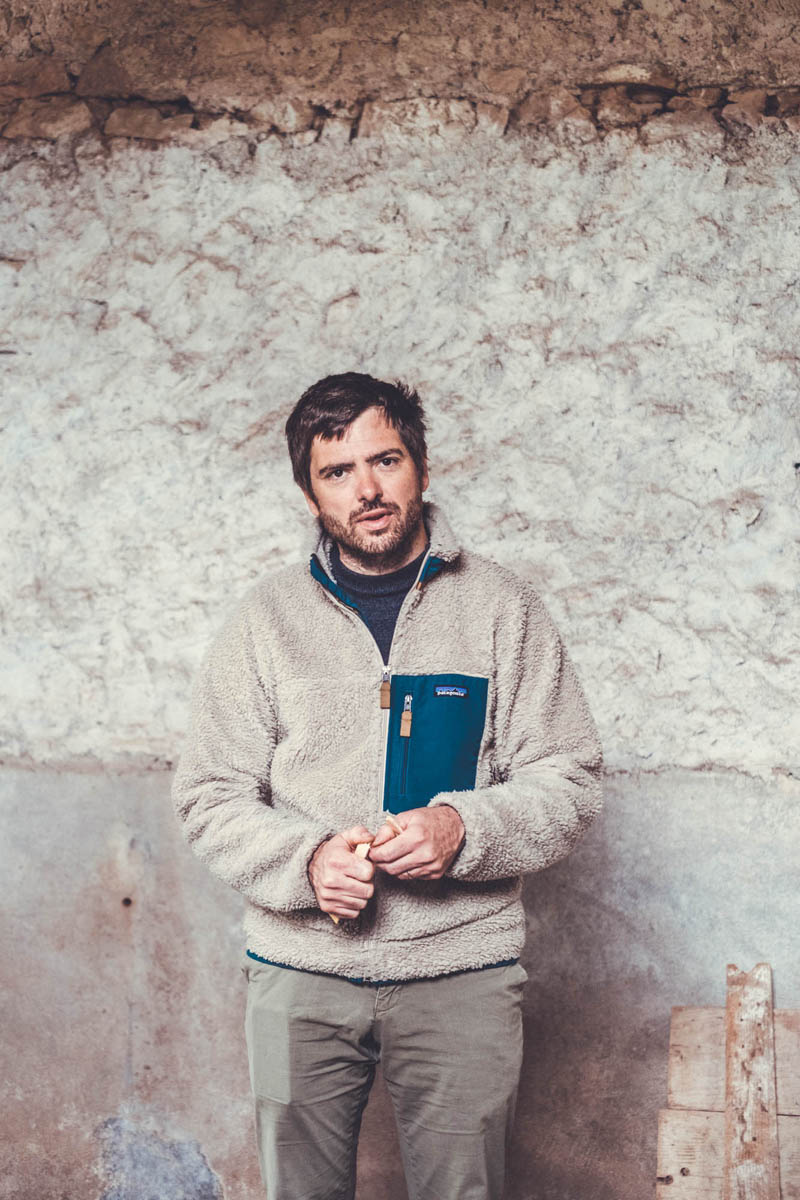
Biarritz, from the Garage to the Sillon
It might be an El Dorado, a conquest of the French Southwest shared by a generation of newcomers, yet Biarritz is not won lightly. It is a mythical seaside resort proud of its Basque agricultural traditions, a stone's throw from the Spanish border but still with a symbolic wall separating the two banks. "I arrived here almost two years before the opening of the restaurant. To find the right place to open shop but above all to mingle with the locals, to make myself known and accepted without giving the impression of landing like one of those 'city folks' who, especially after Covid, have moved to Biarritz for the extraordinary quality of life it offers. Provided they can afford the very high rents, among the highest in France. With all the gentrification problems that follow."
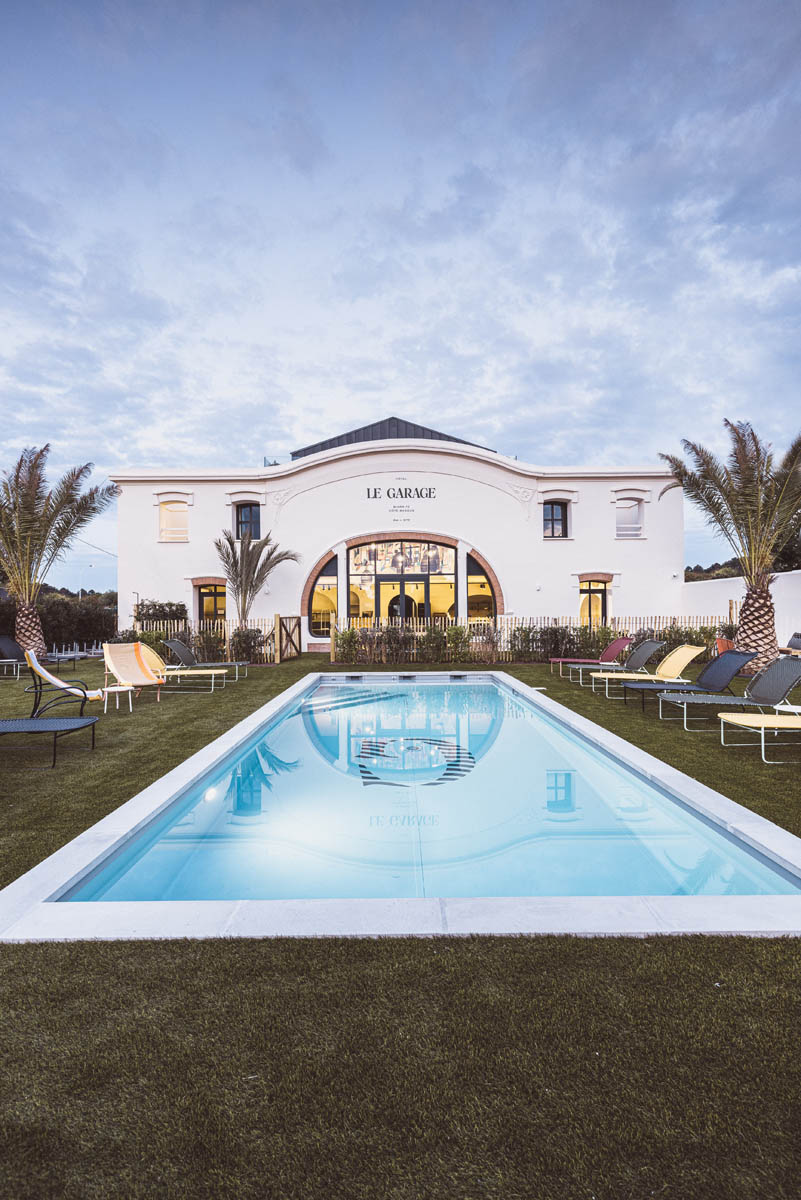
To understand the evolving Biarritz, and Sillon with it, it's better to secure accommodation even before dining. The city has no shortage of options. There are hotels, guesthouses, tourist hotels (or for surfers: Palmito, a stone's throw from the beach, is not bad), large princely buildings, reminiscent of the past glories of the historic seaside destination. Basque coast or French Riviera? Biarritz was for a century the recreational after-hours exclusively for the well-to-do, a bit like in the days of the Tyrrhenian versus Adriatic controversy. The hotel we prefer, where we stay as soon as we find shelter, is called the Garage. Once a garage for the cars of the Hotel Regina just across the street, it sparkles—as its distinguished neighbor—in the portfolio of the Experimental Group. After revolutionizing the universe of cocktails, they boldly ventured into hospitality.

If at Regina Experimental luxury blends with a timeless modernity (among the many modern comforts inside is even the fresh cuisine for all seasons by Jamie Oliver's apprentice, Grégory Marchand, already starred in his Parisian "Frenchy"), at the Garage, the youthful clientele revels in the inclusive human-dimension atmosphere. So trendy, so boutique. Carefully detailed, with XXL beds, mattresses fit for a princess, and top-quality duvets and sheets, the 27 rooms and suites, expensive but not prohibitively expensive (to borrow Guy Savoy's famous expression), offer state-of-the-art comfort, niche hospitality, and a bonus for Tea & Sympathy. Descending from the Garage to the Sillon is just a few minutes' walk, encountering surfers with boards on their shoulders, morning runners, electrified cyclists. In Biarritz, you can experience all four seasons in 24 hours: the rains to quell the heat of the sun, the deep green of the rolling countryside, and the waves that ride endlessly on the horizon.
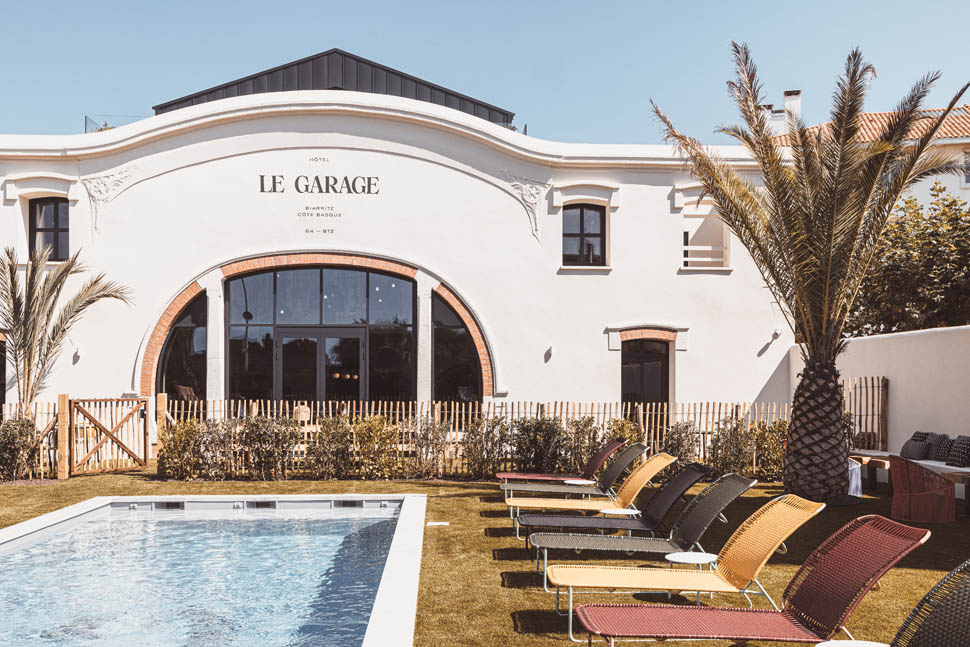
Sillon: (not only) a gastronomic experience
MRT's cuisine rightly fits into this perpetual movement. Without rules or forced paths. À la carte, with the tasting menu or at the counter without a reservation, Sillon plays with the tanglible and the abstract, the nearby and the distant, instinct and contemplation. Nature—all the richness of the surroundings but distorted by a perpetual search for freshness, modulated intensity. If spices, chilies, and citrus punctuate each dish, it's not just because Espelette Chili, a typical product of the region, is. But to multiply the aroma, to fully grasp everything that is at hand.
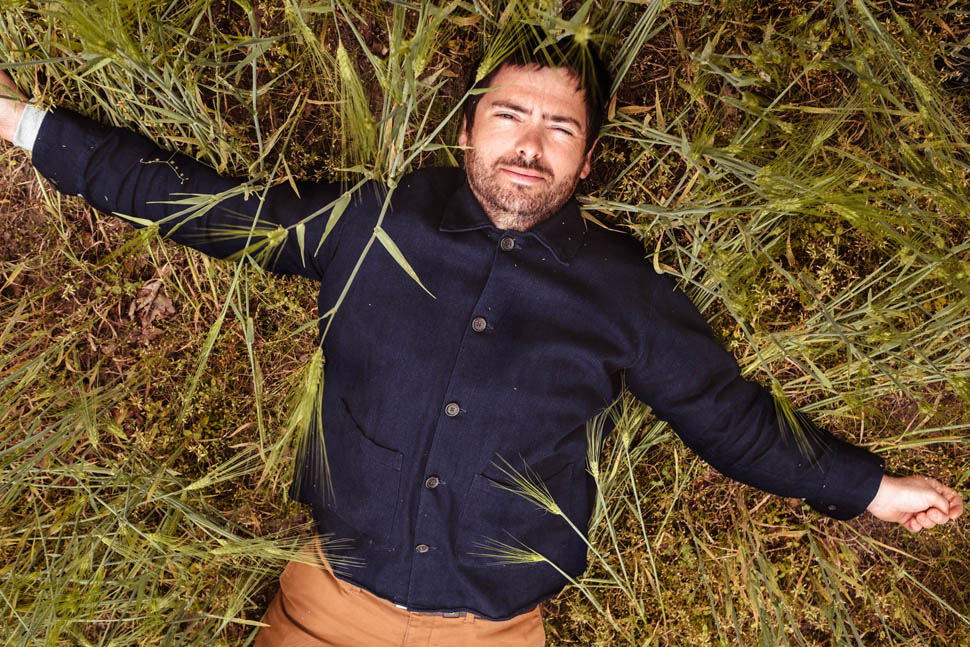
"There is a lot of talk about climate change. We live it here daily. In the Basque Country, exotic citrus now grow as if they were five hundred kilometers further south, some young people have started for a few seasons to even cultivate tea. Soon, in addition to the wine boom, you will see people picking coffee. All these products have their legitimacy, on par with sustainable fishing. Competition for excellent products? Around here, it's relentless. Does it surprise you, in these times of talking about zero-mile, to have to precede dawn to arrive at the port of Saint-Jean-de-Luz before the chefs of Elkano intercept, as soon as the boats dock, the best turbot of the ocean? Which they then resell in the restaurant in Spain as if they were caught in San Sebastian in their waters?"
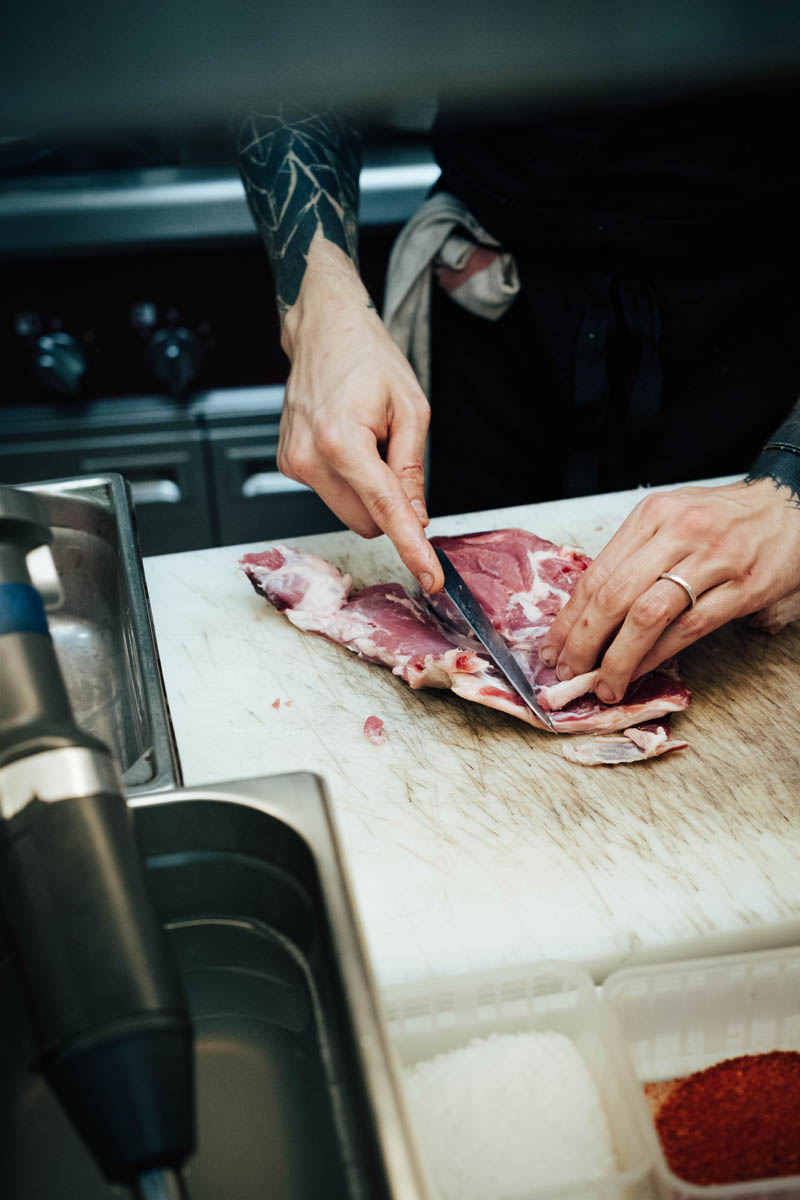
All work and no play makes Jack a dull boy. When victorious, MRT graciously prepares Turbots by cooking them to perfection on the grill, with sweet saffron yellow peppers, clams, and bergamot, a citrus seal of iodized sphere. If it were up to us, the A-plus would pour down like buckets. But the chef doesn't care, and a lot, about being the top of the class (he is the class of 1982).
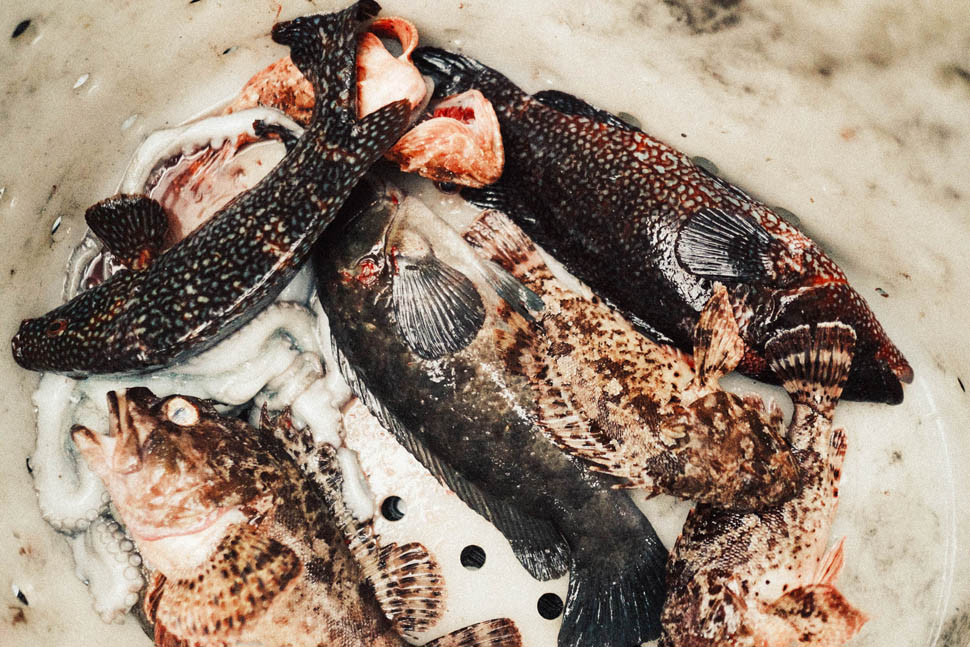
He, the Celeriac, so fleshy that it would be suitable for a main course, conceives it instead soft and melting in an entrée with sea fennel and mussels from the Bay of Groix with smoked hay salted butter. An elaborate showcase of sheer pyrotechnics, announcing the next embrace of Sea & Mother Earth of a giant Porcini caressed by the flames of the grill with candied and fried seaweed, dried tomatoes from Mendigorria, belly and heart of line-caught bluefin tuna. Exquisite products from another world, carrying with them the vision of another world.
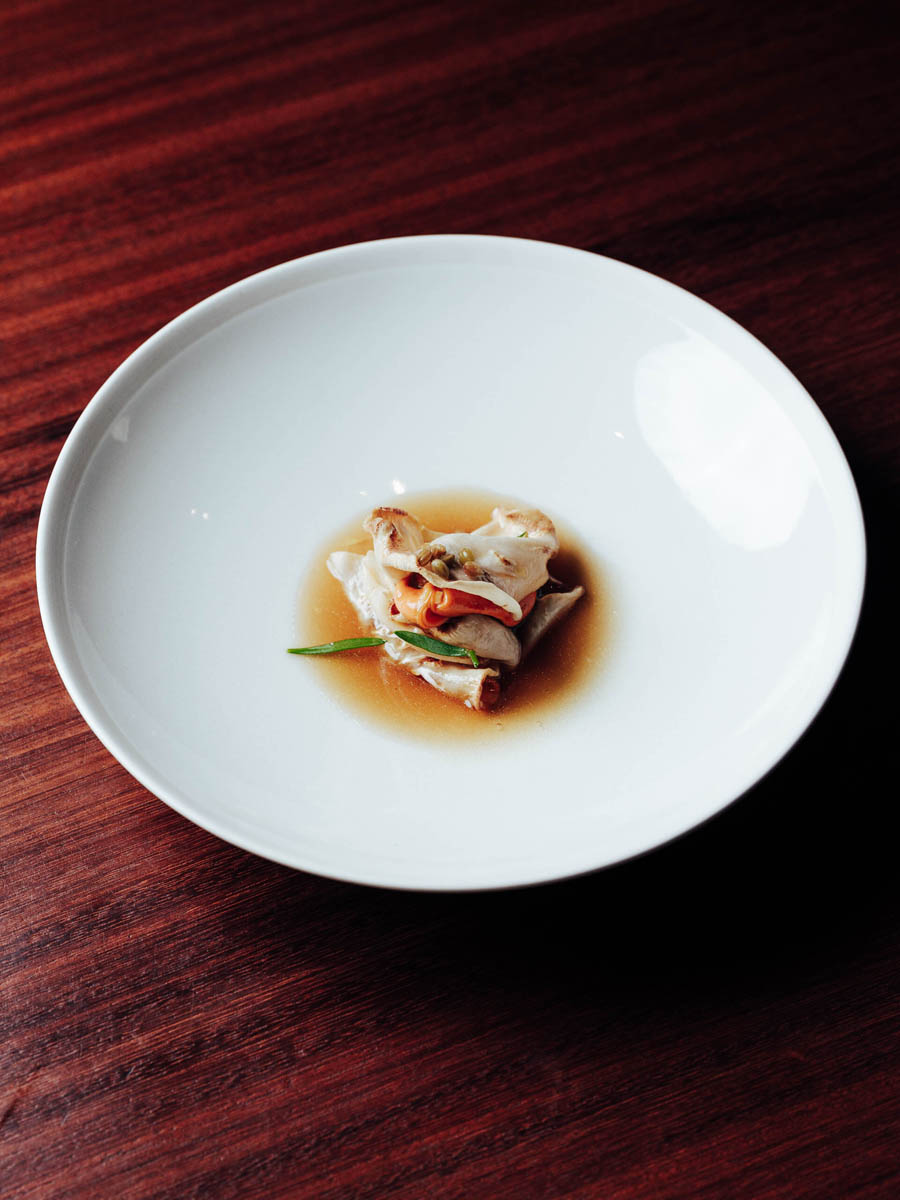
To those who for decades continued to act smart by doling out spoonfuls of caviar to embellish low-extraction products, MRT opposes the experience made evident: the low culture has as much nobility for him as the high culture. Why bother with Beluga or Oscietre when garlic and bottarga are enough to sublime a Pig's Trotter wonderfully, mellifluous and crispy without any hiccup, almost a Basque epiphany returning from the offal markets in Vietnam? A masterpiece, to say the least.
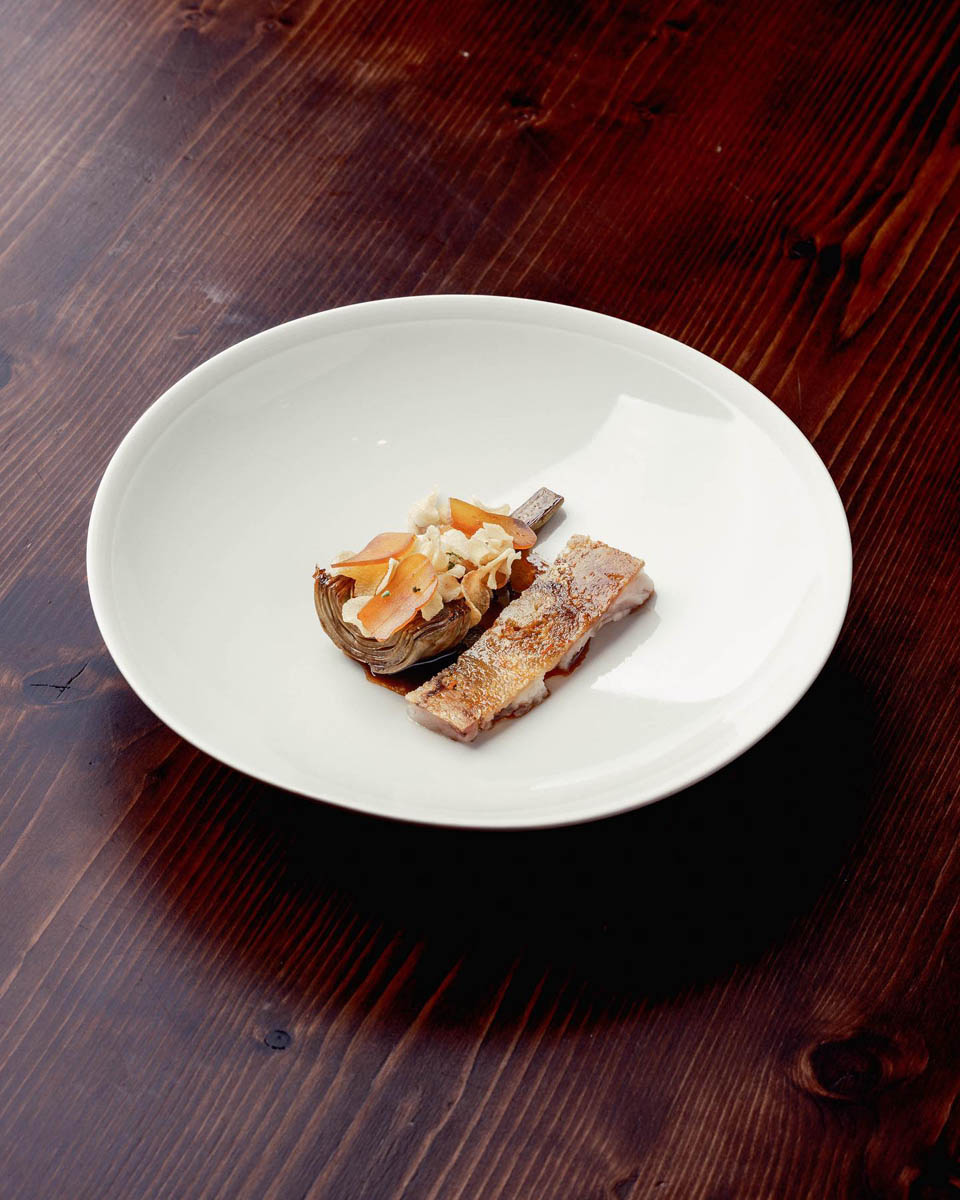
This is exactly what you come to Sillon for. A learned natural play with flavors. An iconic Red Mullet with Takanotsume chili paste and the wild freshness of marjoram to infuse the red wine sauce, an obvious wink to the traditional hare stews of the past. Or, at the dawn of autumn, a 100% DOC Kriaxera Duck, matured indefinitely and served with beans, plums, and basil that a concentrated caper juice with green pepper transforms into a vibrant ode to eternal Basque spring.
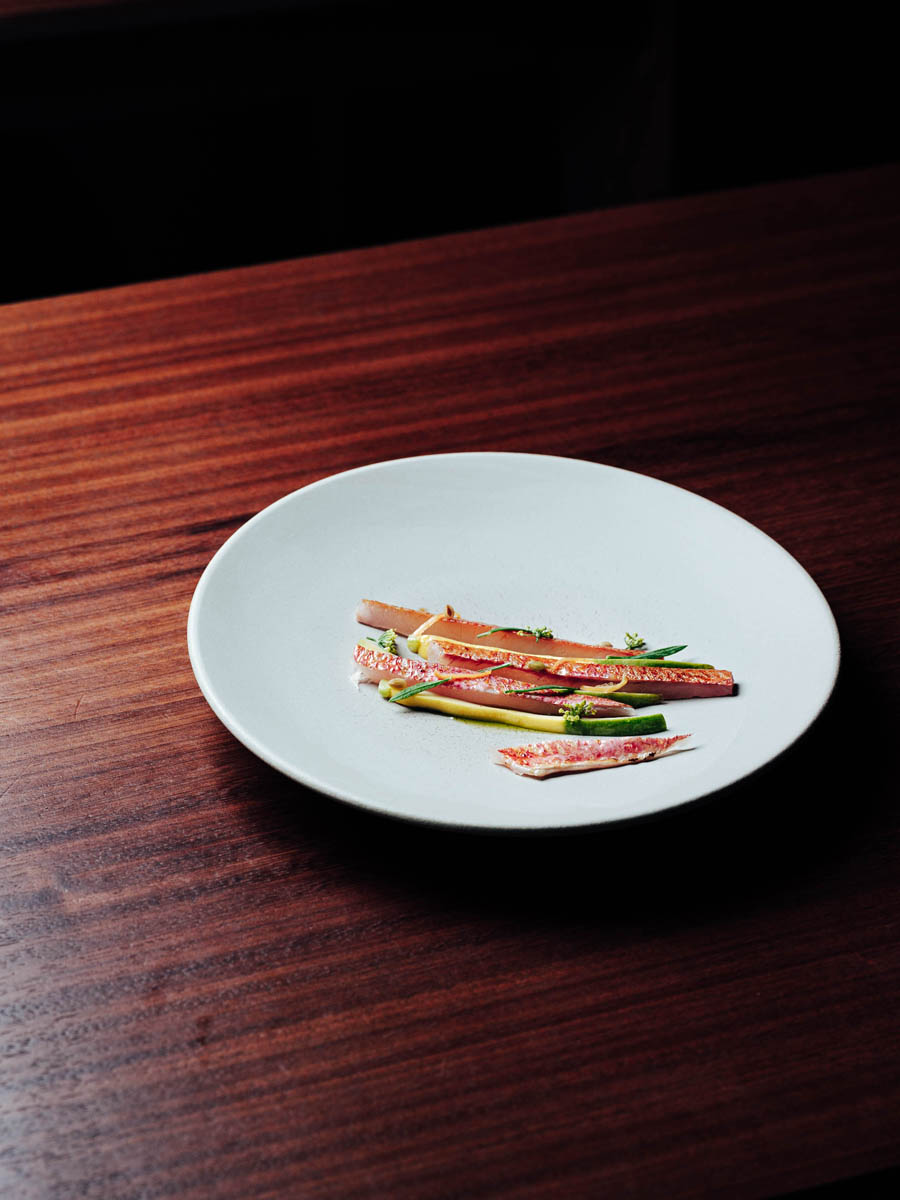
Then, after the green walnuts with meringue and watercress sorbet, here comes the glazed Quince, with cascara (coffee peel grains), saffron, and spicy sorbet with fruity Aji Mango chili. Enough to win, not the dessert of the year award, but rather that of the quinquennium.
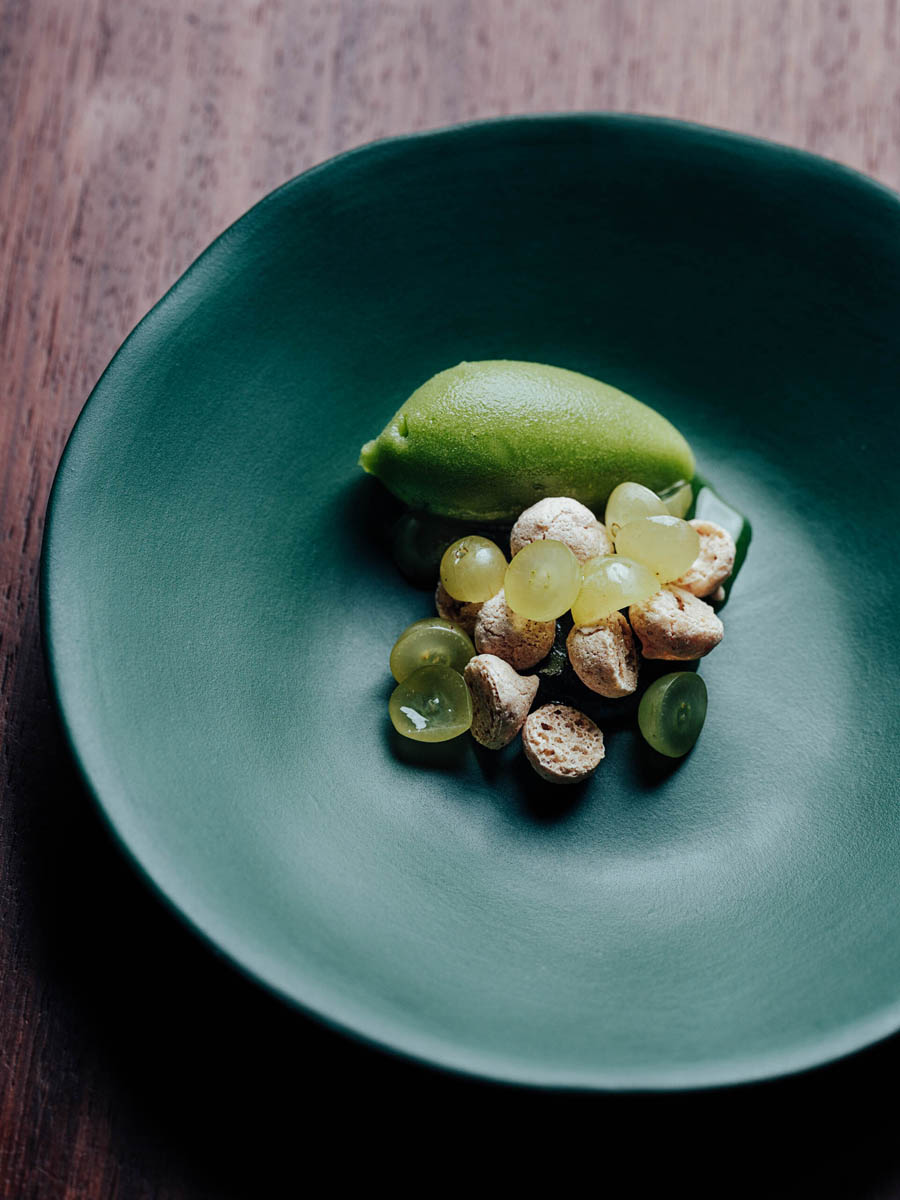
Biarritz: beyond cuisine
Different countries, different customs. "Despite its new profile, Biarritz remains a not very adventurous city at the table. Of my clientele, only thirty percent are locals, all the others are Parisians or foreign vacationers." Including, however, the permanent delegation of artists, writers, or musicians, passing through the area or registered in the registry among the new residents. Like Bryce Dessner, the guitarist from The National, who between two tours has elected the French Basque Country as his new adopted homeland for at least six months a year. "Many musicians hang out at Sillon, including Woodkid. Or the Daft Punk who came incognito without robot helmets, which I obviously didn't recognize, but my kitchen team did," says MRT, immediately clarifying. "I owe this word of mouth in particular to David Chalmin, a multi-instrumentalist guitarist and composer, as well as an exceptional producer who welcomes artists into his recording studio, ten minutes from Biarritz. One evening he came for dinner, when I suggested organizing together a music/food performance under the aegis of GELINAZ!, he, who is weaned on the most radical experiments, accepted without hesitation."
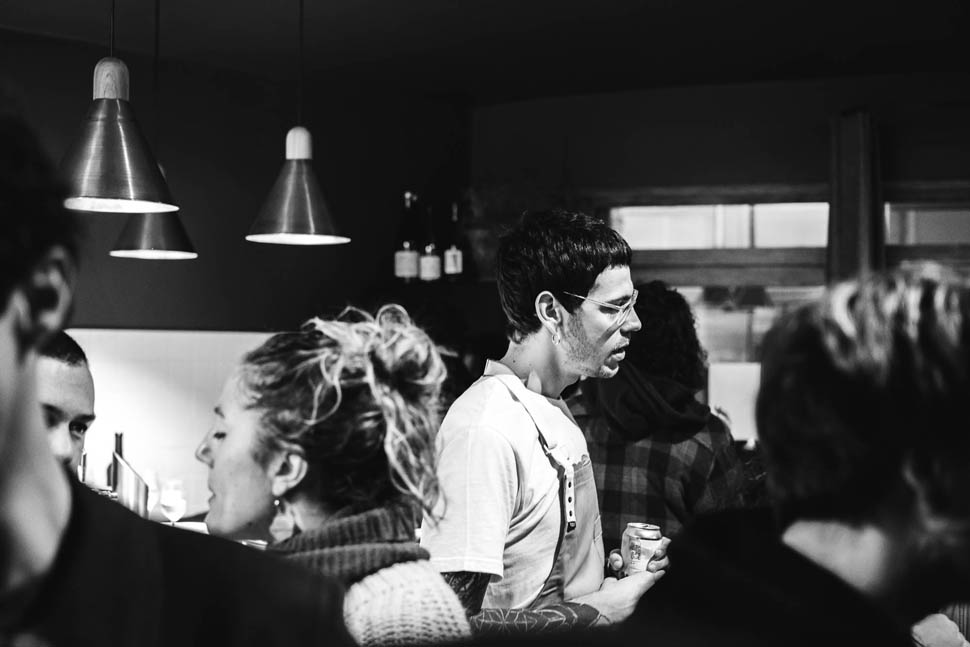
It was more a rave than just another "four hands" on October 8th last year. Out in the open, under the scorching late summer sun in the Basque countryside, an happening of sounds and flavors for about sixty spectators, barbecue and modular synthesizer. Five hours non-stop, the wandering audience freely roamed the lawn or lounged in deck chairs with Hi-Fi helmets glued to their ears, amidst smoke and sonic breezes, melodies, drone gusts, and non-idiomatic musical iterations. Musicologists would define this artistic practice as "instant composing." Rightly so: "We did total improvisation, David paying close attention to my gestures, on the grill, at the stove, to tune the sounds with his modular. The intention was to tease space-time, in the manner of La Monte Young's river performances. Not for a single moment did I think of offering regular dishes, maybe reworked from the menu of my restaurant. Instead, I opted for studies, seven variations around products—cuttlefish, onions, anchovies—presented in digressive forms, cooked, raw, fermented, never the same."
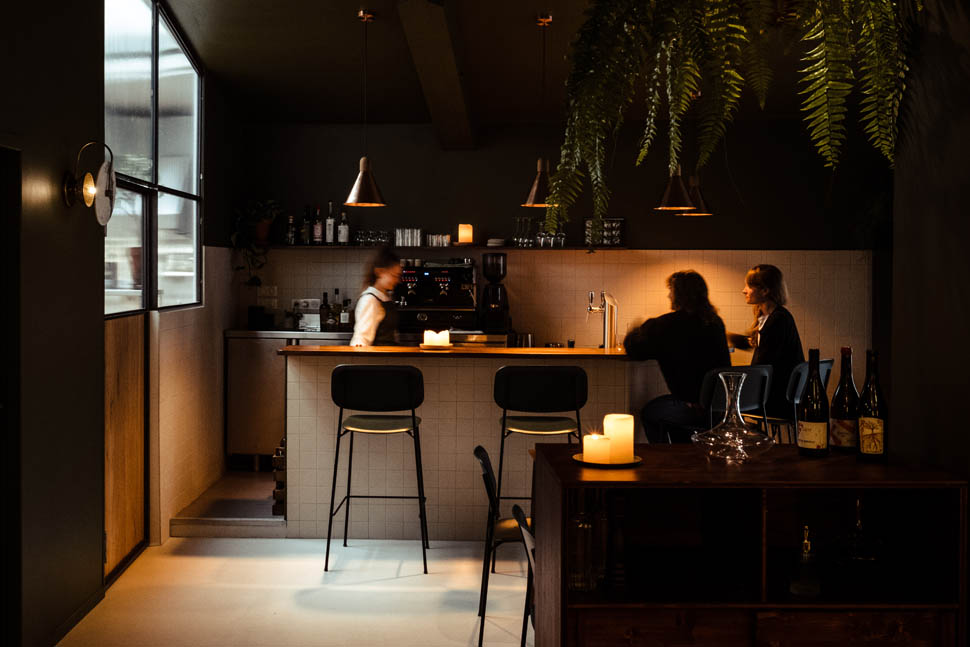
It's not for us to say, it was truly a suspended, abrasive poetry. Which delighted with pleasure, among the audience, artists, designers, musicians, and reporters from Brazil, Italy, England, India. Including the American Marti Buckley, a regular contributor from San Sebastian to The New York Times. But zero Spanish spectators or journalists. Apparently, the Wall fell only in Berlin in 1989.
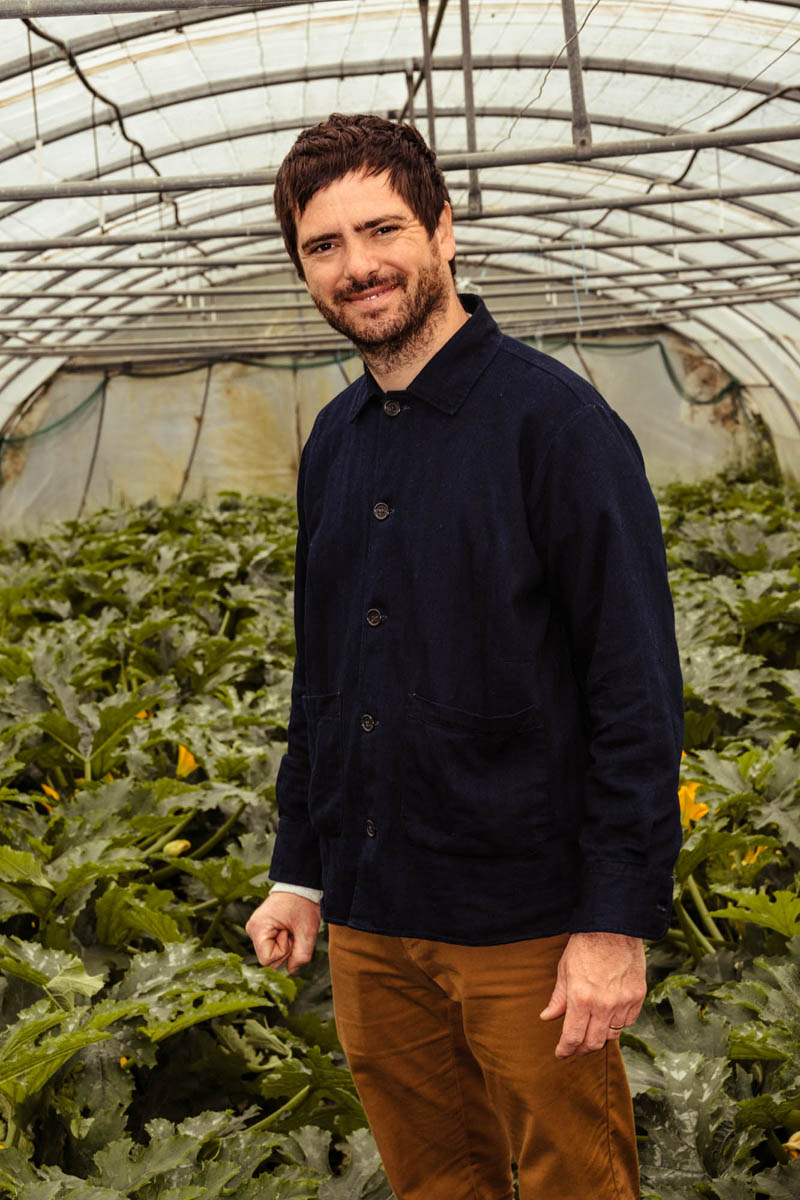
Monday, October 13, 2023. In the Uber that takes us to the Food on the Edge symposium on the outskirts of Dublin, Luis Andoni Aduriz, the immense chef of Mugaritz in Errenteria, gladly concedes: "I've heard about it, but I haven't been to Mathieu Rostaing's Sillon yet. I know little about the French Basque Country scene. It can't be said that there is much communication between the two shores. In San Sebastian last week, we celebrated the twenty-fifth anniversary of our congress, Gastronomika, formerly called Lo Mejor de la Gastronomia. I went there this year in reverse, it's always the same model with the same names, the same faces. I would like to talk to the new director about it because, since it is now official that Inaki Aizpitarte will be arriving in a few months—leaving Chateaubriand in Paris to open a restaurant in Saint-Jean-de-Luz with his wife Delphine—it would seem more than decent to welcome in 2024 a delegation of what is most interesting in the French part of our common region." Only the deaf do not tend to listen.
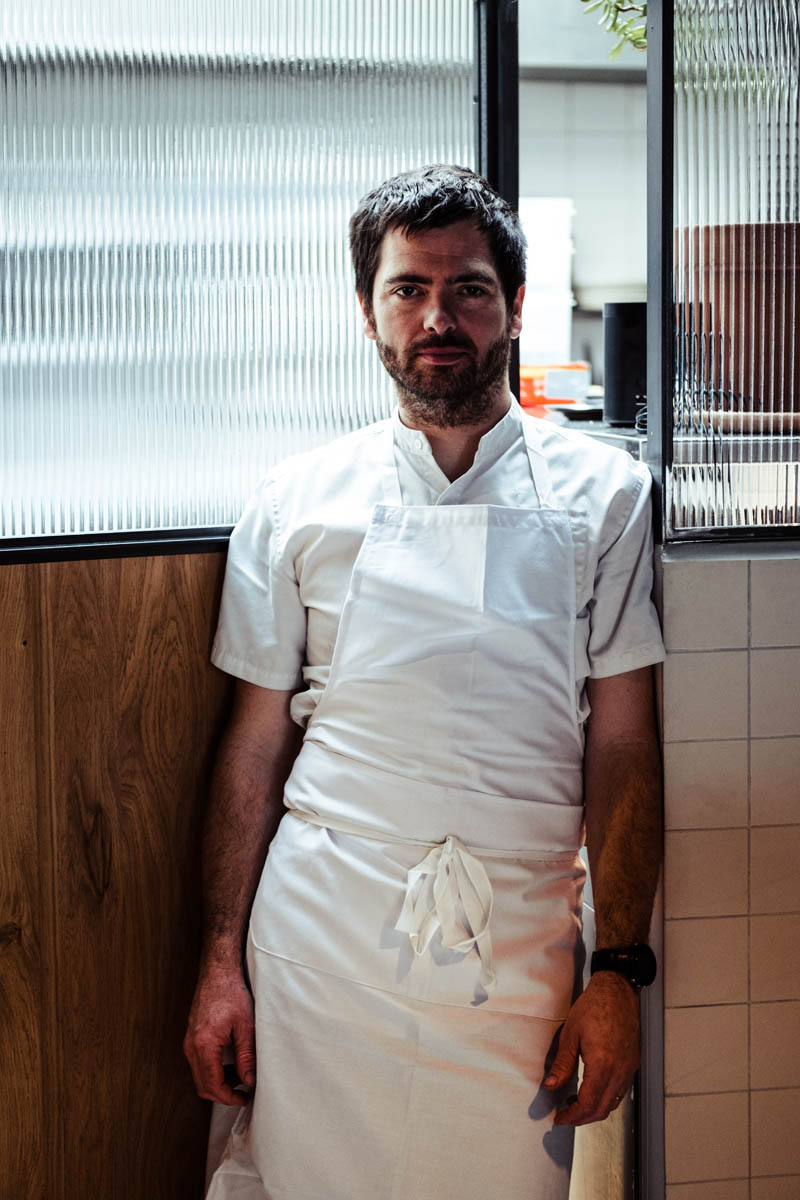
Cover photos by: @Papier Magazine
Contacts
Sillon
Sillon, 4 rue Jean Bart- 64200 Biarritz, France
Tel. +33559247608
https://www.sillon-biarritz.fr
HOTELS
